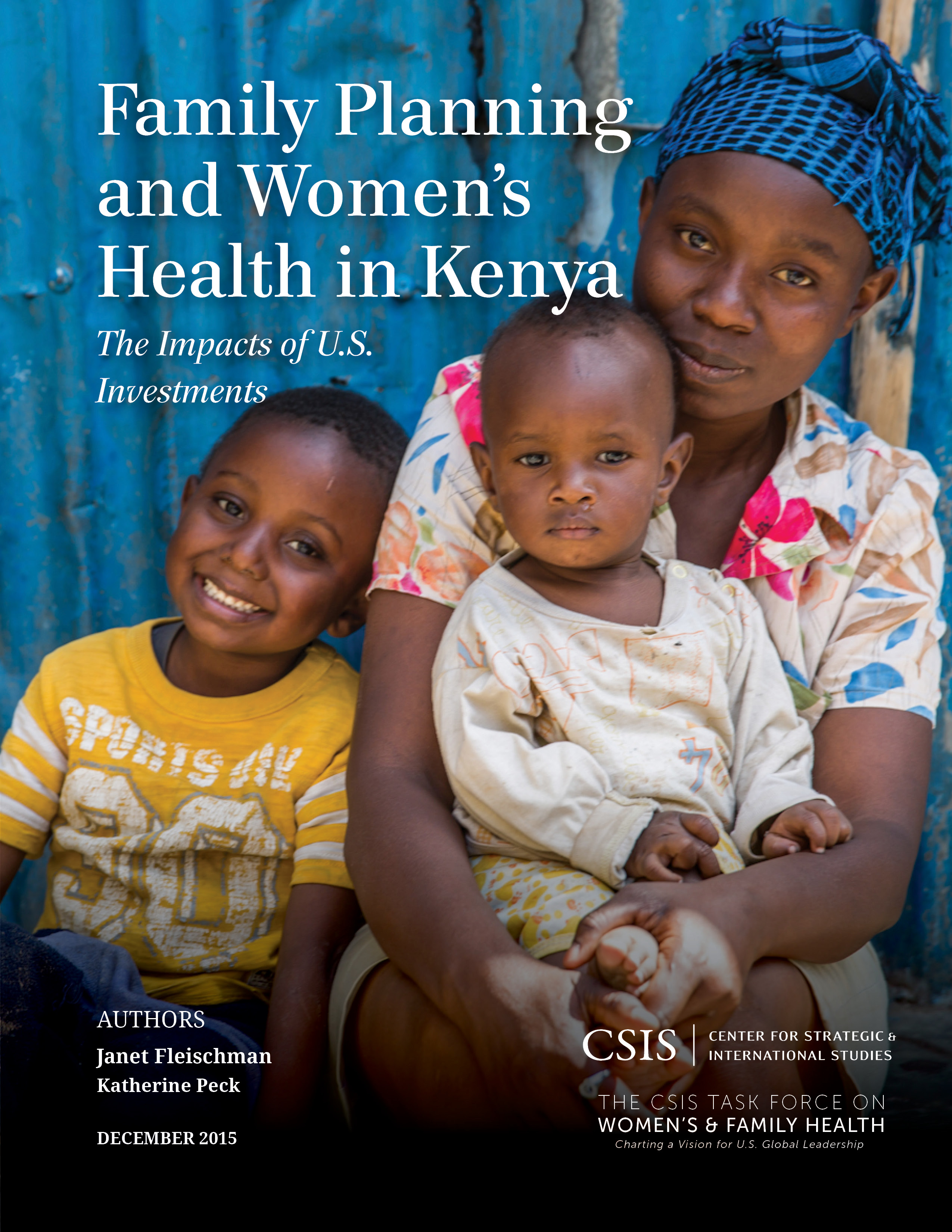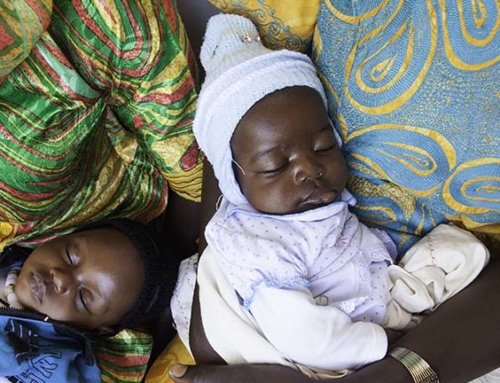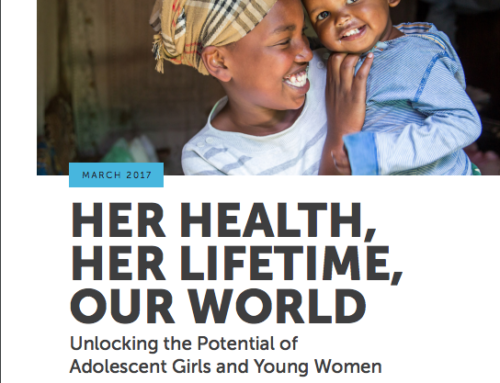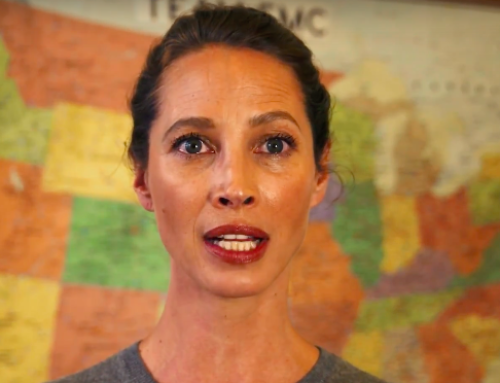Voluntary family planning is one of the most transformative interventions in global health, critical to improving women’s health and to saving the lives of women and children in some of the world’s most vulnerable communities. Beyond the direct health benefits, family planning is essential for women’s empowerment and sustainable development, contributing to improvements in education, economic growth, and the prevention of mother-to-child transmission of HIV. As the global leader in supporting family planning, the United States has a vital role to play in helping countries improve the lives of women and families.
To understand the impact of U.S. investments, this report examines U.S. support for family planning in Kenya at a pivotal moment for these issues globally. As a regional leader in family planning and a priority country for U.S. family planning and maternal-child health assistance, and the President’s Emergency Plan for AIDS Relief (PEPFAR), Kenya provides a lens through which to assess the opportunities and challenges in expanding access and transitioning to greater sustainability.
Kenya has made significant progress in family planning, with one of the highest contraceptive prevalence rates in the region at 58 percent, yet faces important challenges in maintaining momentum.
In the polarized U.S. political environment, funding for family planning programs faces persistent challenges. There is a risk that without clear U.S. commitment, these critical interventions could be derailed. Strong, bipartisan leadership is required to depoliticize these issues and to highlight the importance of voluntary family planning and healthy timing and spacing of pregnancies to improve women’s health, prevent unintended pregnancies, increase child survival, avert millions of abortions, and improve economic and social development. U.S. policy toward Kenya is in many ways a laboratory for the region with lessons for other countries.
TO DOWNLOAD FULL REPORT, CLICK HERE.







